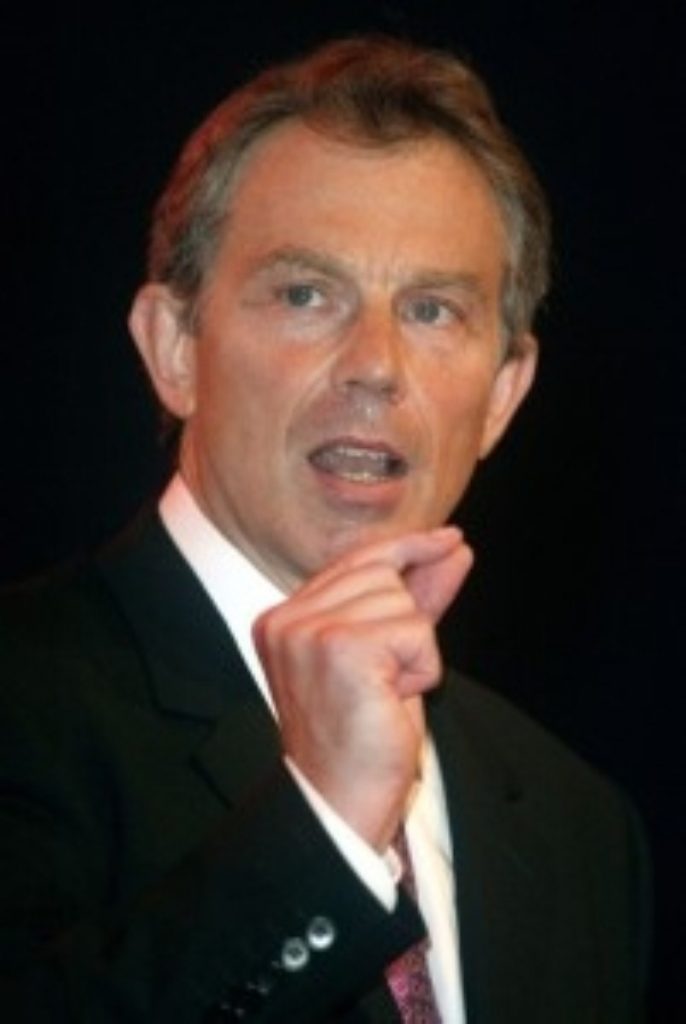Blair focuses on social mobility
In a major speech this morning, Tony Blair set out plans to transform the twentieth-century welfare state into a twenty-first century “opportunity society”.
Speaking to a conference hosted by ippr and Demos, Mr Blair said he wanted to see social mobility – constant for almost thirty years – “rising once again, a dominant feature of British life.”
To do this meant creating “genuine opportunity” and access the best services to people whatever walk of life they came from, and he added: “In my judgment this can’t be done within the existing structures of state or Government.”
He said the third term vision had to be to alter fundamentally the contract between citizens and the state; “to move from a welfare state that relieves poverty and provides basic services to one which offers high quality services and the opportunity for all to fulfil their potential to the full.”


He added: “All of this requires an inversion of the state/citizen relationship, with the citizen not at the bottom of the pyramid taking what is handed down; but at the top of it with power in their hands to get the service they want.”
Mr Blair said Labour had learnt during its years in Government that “the biggest advances have always been due to the boldest reforms.” He cited independence for the Bank of England and specialist schools as examples. “So the lesson is clear: press on with confidence; don’t hang back in hesitation; point out the changes in Britain that really have made this country fairer and stronger; and use the experience of the first two terms to drive through lasting change in the third,” he said.
He said the five-year strategies on education, health, law and order and transport had set out the Government’s plans in these areas, but equally important “are the new challenges we face to create a genuine opportunity society.”
Mr Blair stressed that planning for retirement was not just about pensions, but was about the balance between working and saving and about providing people with more choice about how they planned for their retirement. “We must change the culture that can write people off at 65 if not 60 or 55, whether they want to work or not,” he said.
On employment, Mr Blair said he wanted to increase the employment rate from 75 per cent to 80 per cent. “This would be real full employment,” he said.
He said that education “should not stop at 16 for anyone”, detailing the Government’s plans to extend lifelong learning. This was “not only central to our education policy, it is central to our employment policy, central to our economic policy, central to our policy for extending opportunity to all those out of work, and central even to our pensions policy.”
Mr Blair detailed a third term commitment is to develop universal good quality affordable childcare for children aged between three and 14. “This is not applying to everyone a standard state-run nursery system, but providing parents with a real choice between the public, private and voluntary sectors, including nurseries, playgroups, expanded provision in primary schools, children’s centres and childminders,” he said.
On law and order, he said a “whole new infrastructure” was necessary to tackle the problem of drugs. And a new housing strategy would offer “new pathways” to home ownership as well as improving social housing.
Mr Blair said this was “as compelling a vision, for Britain in 2004, as was that of Beveridge in 1942. It is as relevant to the needs of the day; as progressive and radical in its means – and it will underpin the reforming passion of Labour in power for a third term.”











